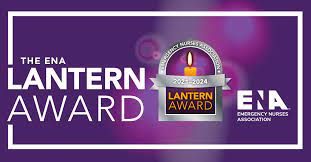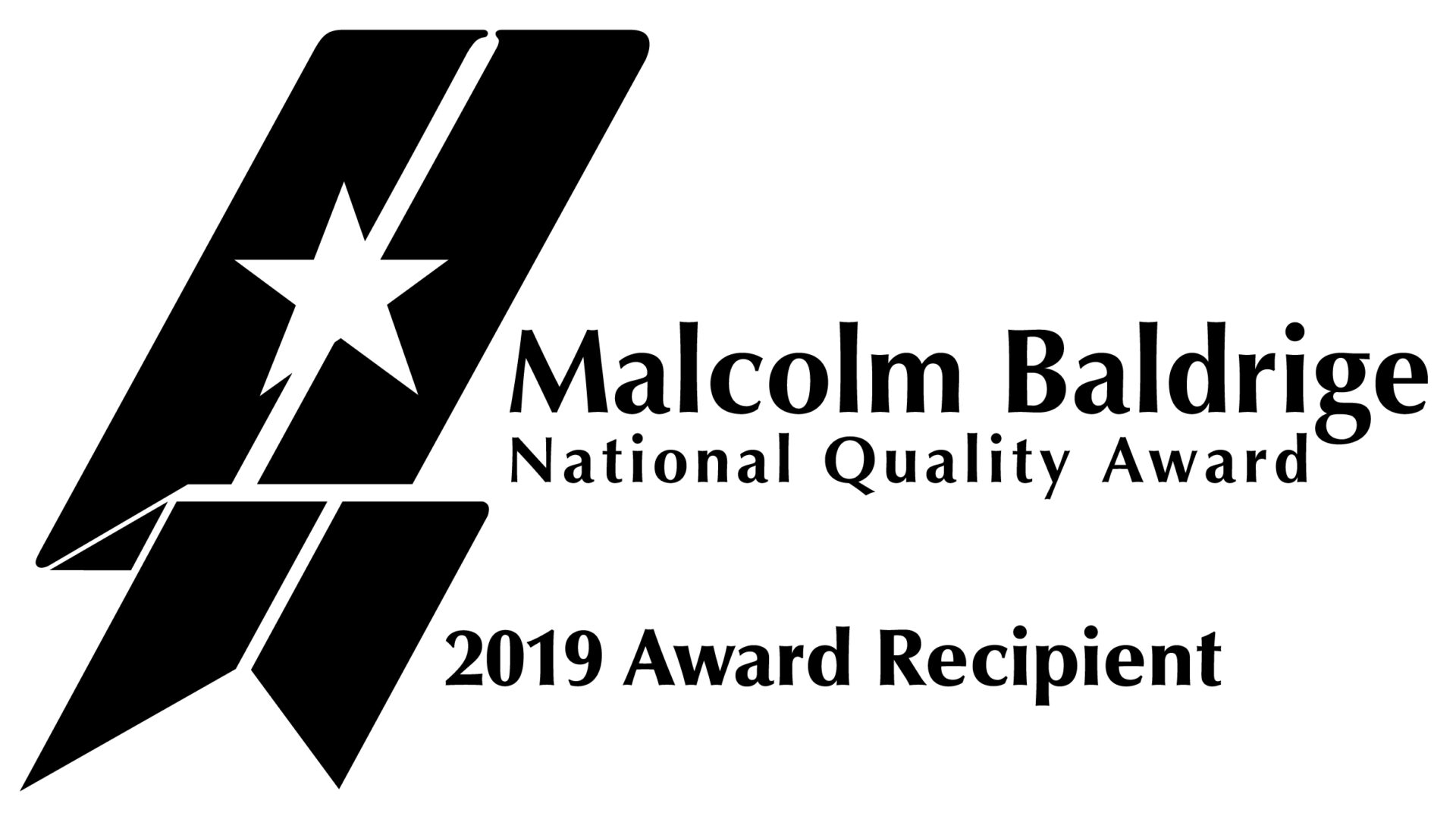Adventist Health White Memorial: The pursuit of clinical excellence



Located in the heart of Los Angeles, its medical professionals go to work each day with one goal: help patients heal! They treat a high volume of patients and simultaneously pride themselves on providing each patient the optimum in safety and care. More than 160 patients per day visit their emergency department, and many are from communities underserved by healthcare providers.
Just a few years ago, White Memorial started using KATE to provide increased support to its 70 ED nurses and enhanced care to its patients.
Adventist Health White Memorial’s medical professionals go to work each day with one goal: help patients heal!
As the region’s leading faith-based, nonprofit teaching hospital, Adventist Health White Memorial strives to inspire wellness and treat medical conditions using the latest technology, equipment and techniques.
A progressive hospital that is highly data driven
White Memorial is always exploring new technologies and innovations to improve quality of care and safety. But it applies tremendous rigor to ensure new solutions stand up in the most demanding use cases.
With that in mind,
Adventist Health White Memorial early in 2016 sponsored a first-of-its-kind collaborative clinical research study with Mednition. The goal: assess the ability of machine learning to predict triage acuity with the same or greater level of accuracy as clinicians, thereby giving them a real-time ‘expert advisor’ in highly chaotic situations.
For the study, Mednition created a machine learning model called KATE, which is now the company’s flagship solution. More than 10 billion de-identified patient clinical data features were extracted and used to build the company’s underlying dataset. KATE was validated in accordance with the Emergency Severity Index (ESI), the nationally recognized triage protocol.
Based on the convincing results of the study, the collaboration between Mednition and the hospital evolved in late 2018 to full commercial use of KATE in the White Memorial emergency department. Since then, their emergency nurses have been using KATE to assist them in making highly accurate decisions at the point of care. The nurses’ expertise working with each patient is continually added to KATE’s underlying clinical data engine and is critical to it working properly. This added insight also makes KATE continuously smarter.

Our team of highly trained and experienced doctors, nurses, surgeons and other medical professionals go to work each day with one goal: to help our patients heal. We have to be incredibly efficient, so that we can do what is best for our hospital and community.
Mara Bryant, Operations Executive
Adventist Health White Memorial

Clinical results of the emergency clinician’s use of KATE proved to map closely to the hospital’s mission to improve patient care, increase efficiency and lower costs:
Categorizing Highest Risk Patients
500 high risk patients avoided the waiting room
Increased Timeliness of Care
2.23 hour ED LOS decrease for patients admitted to the ICU with sepsis
Improving Patient Flow
250 patients were redirected to fast track
For a hospital that believes in treating each patient as a whole, offering physical, emotional and spiritual care, KATE is radically enhancing emergency nurses’ ability to serve patients. It’s improving the accuracy of their acuity assignments which allows them to provide the right care to the right patients at the right time. This enables White Memorial to more efficiently decide who requires critical care and who can be treated more routinely. Ultimately, it means heightened patient care and safety.

We have first-hand evidence that machine learning is improving healthcare delivery and saving lives. Using KATE, we have documented increased clinical accuracy, patient safety and operational efficiency, while using the same processes and existing e-health systems. Our nurses see KATE as a critical new machine learning-powered tool, like an expert advisor who increases their accuracy, ensures patients receive the right care at the right time, and helps calm the chaos frequently associated with triage.
Mara Bryant, Operations Executive
Adventist Health White Memorial
